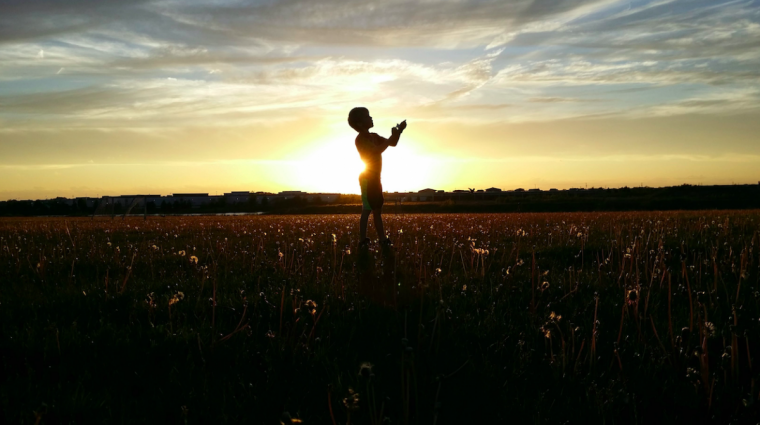What will the UK government do for vulnerable children? Why politics doesn't have to fail

It is famously said that that all political careers end in failure. Even, or perhaps especially, those who reach the very highest office. Blair's Iraq. Thatcher's downfall. Chamberlain's 'peace in our time'.
The British people do not quickly forget or forgive the mistakes of their politicians. Being Prime Minister is a tough job, and any brave soul who dares to sit behind the desk of Number 10 runs the risk – every day – of failure.
This week has seen the opening of a new parliamentary year. MPs, Theresa May and her cabinet included, have spent the summer doing their homework, building alliances and, perhaps, even taking some time to relax, recover and regroup. Now, as Parliament meets under a silent Big Ben, the big question looms: what will they be remembered for?
We have a government with a strong commitment to international issues, with an increasing focus on Global Britain and its place in the world. Not only has May brought the heart-breaking crime of modern day slavery into sharp focus, she has also committed the government to continue spending 0.7 per cent of gross national income on foreign aid.
Even better, it is clearly more than a begrudging commitment. May herself said she is 'proud of the record we have, of the children around the world who are being educated as a result of what the British taxpayer is doing in terms of international aid'. As schools go back this week here in the UK, this will resonate with so many of us.
And it's not just the PM. Priti Patel, Secretary of State for International Development, is showing an increasing focus on the world's most vulnerable people, and clearly has a heart for vulnerable children.
Patel sits on the board of the Global Partnership to End Violence Against Children – alongside World Vision. This is a partnership set up specifically to fulfil the Sustainable Development Goal to eradicate violence against children in all its forms by 2030.
Just last week, Patel spoke powerfully about modern day slavery and its effect on children during her visit to Nigeria, saying: 'We will not stand aside and ignore this barbaric and often invisible crime.'
These are strong words and the ambition behind them is clear. For World Vision our commitment to reaching the most vulnerable children is unshakeable. It is exciting to hear UK government ministers speaking as we would about children's needs.
And we all know that words mean nothing if they are not backed by actions.
There is an underlying mistrust of politicians among the British public thanks to the fear that they'll simply say whatever we want to secure votes. It's true that the temptation to slip into crowd-pleasing mode is one which some MPs have not been able to fight off, and we should be wary of taking everything they say as gospel.
That's why it's important that the government shows its encouraging words go beyond well-turned phrases and into well-planned actions. I believe that if our government buys in to the World Vision dream of life in all its fullness for every child, then we could see true transformation: children lifted out of poverty; children safe and healthy; children educated and with exciting futures ahead.
Thanks to the support of the UK government and international aid, World Vision UK was able to reach an unprecedented 4.4 million children in 2016 – and we will not stop until every child is reached. Until every child, wherever they are in the world, has the chance to realise their full potential.
That's why I will be supporting, encouraging, watching and praying as our government sets out to make its pledges reality.
Because political careers may fail, but our efforts to reach the most vulnerable children must not.
So what will our government commit to?
What will they prioritise?
What will they choose to be remembered for?
Amy Johnson is Political Advocacy Officer at World Vision UK @WorldVisionUK











